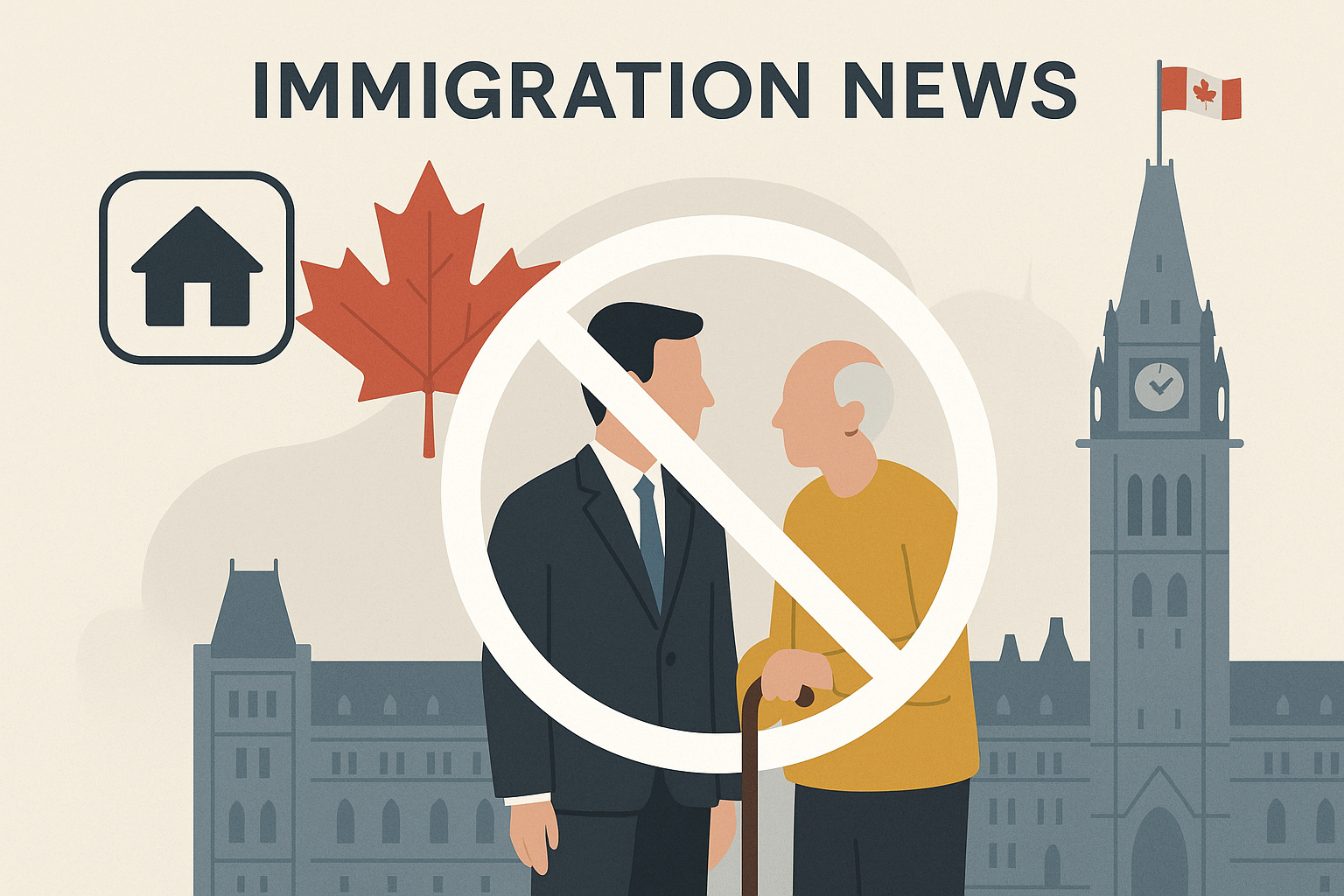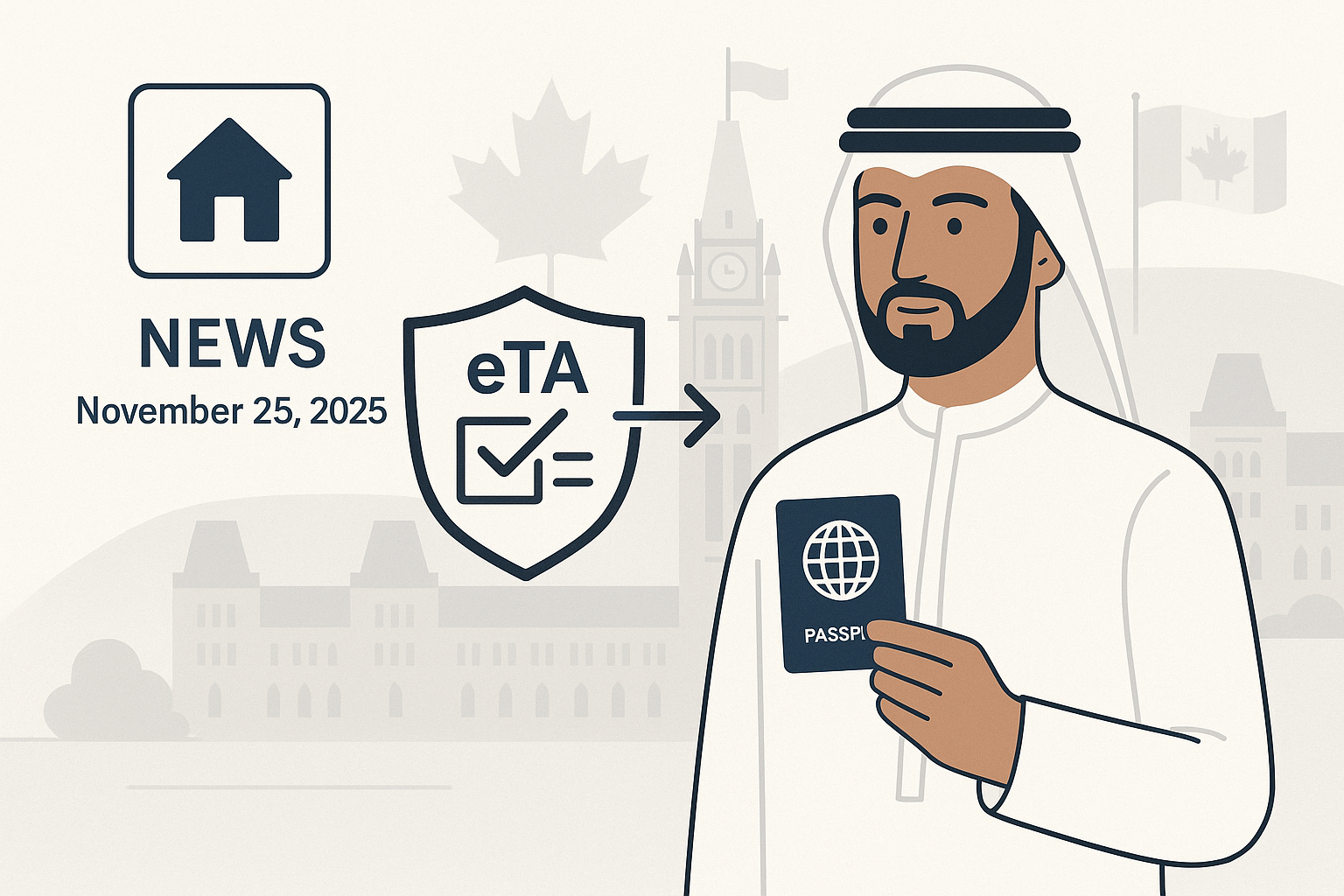
IRCC now requires an upfront immigration medical exam (IME) with Express Entry permanent residence applications; policy took effect Aug 21, 2025. Applications received on or after Oct 21, 2025 without an IME may be rejected — applies to EE‑FSW, EE‑FST, EE‑CEC and EE‑PNP.
Soheil Hosseini
October 21, 2025
Jurisdiction
Federal
Week
Week 43
Impact
Moderate
Programs Affected
Express Entry now requires upfront immigration medical exams; applications received on or after October 21, 2025, without an IME may be rejected
Summary: Canada has moved Express Entry to an upfront immigration medical examination model. IRCC’s updated completeness check instructions state that applications received on or after 2025-10-21 without an IME may be rejected. Canada’s immigration department (Source: IRCC) has updated Express Entry procedures, requiring applicants to submit an upfront immigration medical examination (IME) at the time of their permanent residence application. The change took effect on August 21, 2025, and IRCC has revised the Express Entry completeness check instructions to include facilitation period timelines. Under the updated instructions, applications received on or after October 21, 2025, without an IME may be rejected as required. Date of update: 2025-10-21.
Programs affected: Express Entry (EE-FSW, EE-FST, EE-CEC, EE-PNP). What this means: Applicants should ensure their IME is completed and included at submission to pass the completeness check, particularly for files received on or after October 21, 2025. Independent analysis:
- Potential positives: Upfront IMEs can reduce post-submission delays and offer clearer, earlier admissibility screening, potentially improving processing predictability.
- Potential negatives: The requirement adds upfront costs and logistical steps for applicants and may increase the risk of application rejection if the IME is not included at filing.
Closing: Stakeholders should review IRCC’s updated completeness check instructions and align filing practices immediately to avoid avoidable refusals once the post-facilitation enforcement date applies.
Tags: IRCC, Express Entry, Immigration Medical Exam, IME, Canadian Immigration, Completeness Check, EE-FSW, EE-CEC, EE-FST, EE-PNP, Policy Update 2025, Permanent Residence
Categories
Share This Post
Stay Updated with Immigration News
Get the latest updates on Express Entry draws, OINP invitations, policy changes, and more delivered to your inbox.
We respect your privacy. Unsubscribe at any time.
Related Articles

Parent and Grandparent Suspension
IRCC Ministerial Instructions effective Jan 1, 2026 suspend acceptance of new parent and grandparent PR and sponsorship applications until further notice. Up to 10,000 applications from the 2025 intake may be accepted into processing in 2026; details on the next intake will be announced later.

Study Permit: +90 Days
IRCC (Dec 22, 2025) now limits study permits for prerequisite programs to program length plus 90 days (down from program length plus one year), aligning with November 2024 regulatory changes. Students must plan transitions into main programs within 90 days or prepare for permit extensions; institutions may need to adjust admissions timing.

Foreign Workers Start Work
Canada’s temporary public policy (IRPA s.25.2), effective May 27, 2025, allows eligible temporary foreign workers in Canada to begin work for a new employer or occupation while a new TFWP or IMP work-permit application is pending. Workers must have valid temporary resident status, submit the work-permit application and an IRCC exemption request via the designated channel; approvals are discretionary and end when the application is decided or withdrawn.

Qatar Added to eTA
Canada has made Qatari nationals visa‑exempt and added Qatar to the eTA program; eligible travelers must obtain an eTA for air travel to Canada. This replaces the TRV for air arrivals and is intended to streamline short‑term travel and ties between the countries.